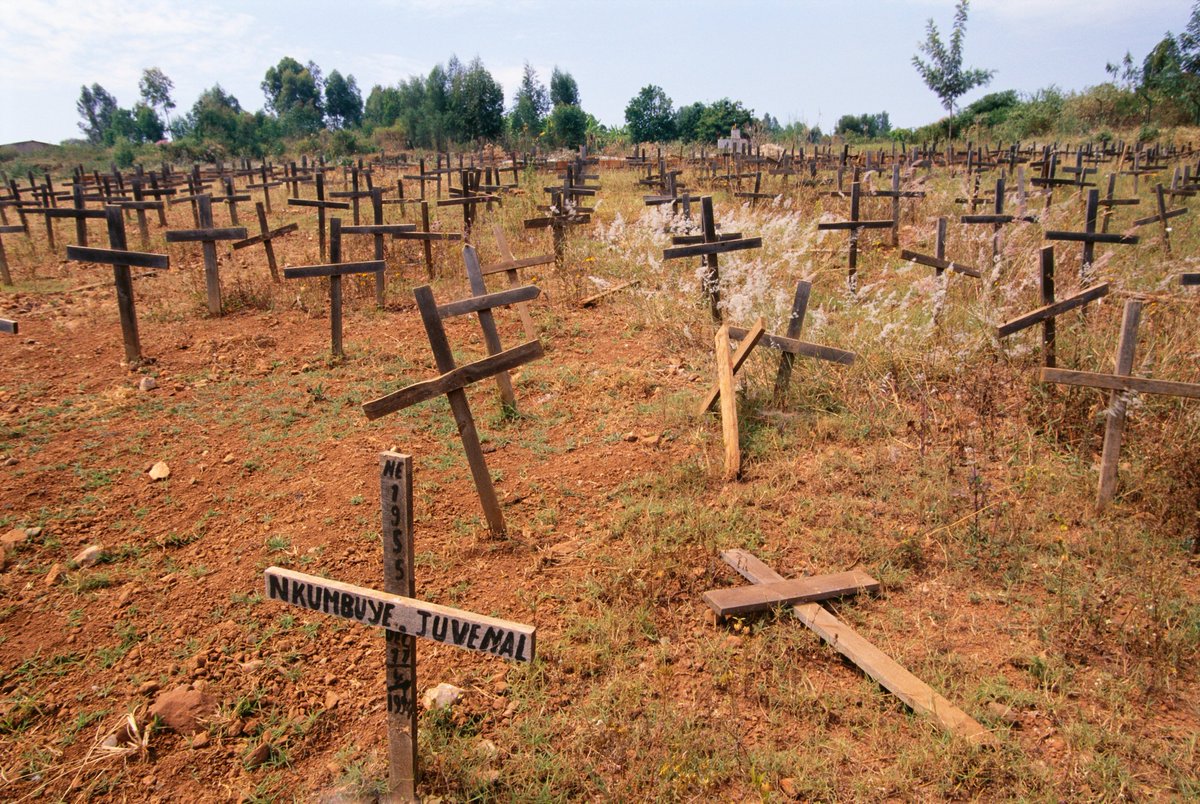
Until this past week, I had never heard of "Baloney Realism".
Is "baloney realism" actually "Realism"? Time to #KeepRealismReal.
theatlantic.com/ideas/archive/…
[THREAD]
Is "baloney realism" actually "Realism"? Time to #KeepRealismReal.
theatlantic.com/ideas/archive/…
[THREAD]
The heart of Cohen's piece is to criticize calls for a negotiated settlement/peace talks between Russia and Ukraine.
As the piece succinctly states at the end, "pass the ammunition and to stop talking about talking."
As the piece succinctly states at the end, "pass the ammunition and to stop talking about talking."
Cohen specifically targets "Baloney Realism", which is the argument to accept "the reality" that wars end in negotiation:
"There is a large dose of what one might call `baloney realism' in the judicious declarations by those...who say that all wars must end in negotiations."
"There is a large dose of what one might call `baloney realism' in the judicious declarations by those...who say that all wars must end in negotiations."
I do agree with some of the points raised in the piece. But I want to focus here on my criticisms.
I have three problems with the piece:
- an ethical problem
- an accuracy problem
- an intellectual problem
I have three problems with the piece:
- an ethical problem
- an accuracy problem
- an intellectual problem
First, I have an ethical problem with Cohen's argument. It strikes me as a "fight to the last Ukrainian" type of statement. 😬
cato.org/commentary/was…
cato.org/commentary/was…
Second, it is inaccurate at spots.
For instance, it seems to forget that there was a negotiated ceasefire/peace deal between the United States and the Taliban that happened WELL BEFORE the final US withdrawal in August 2021.
washingtonpost.com/politics/2021/…
For instance, it seems to forget that there was a negotiated ceasefire/peace deal between the United States and the Taliban that happened WELL BEFORE the final US withdrawal in August 2021.
washingtonpost.com/politics/2021/…
Additionally, while it is true that not ALL wars end in negotiation (and the refusal to negotiate can lead wars to drag on)...
foreignaffairs.com/ukraine/hard-t…
foreignaffairs.com/ukraine/hard-t…
... most do (and this fact might ACTUALLY be the closest thing to an empirical law in the study of international relations).
https://twitter.com/ProfPaulPoast/status/1506242161385385994
Third and the heart of this 🧵, is my intellectual problem.
Is it correct to label calls for negotiation as "realism" (let alone "Baloney Realism")?
Is it correct to label calls for negotiation as "realism" (let alone "Baloney Realism")?
One the one hand, I can see why the realism label is used.
Calls for negotiations echo calls coming from centers such as the Quincy Institute.
quincyinst.org/2022/07/30/ukr…
Calls for negotiations echo calls coming from centers such as the Quincy Institute.
quincyinst.org/2022/07/30/ukr…
The Quincy Institute does have a number of self-identified "realists" affiliated with it...
duckofminerva.com/2022/10/the-qu…
duckofminerva.com/2022/10/the-qu…
...and has been the direct target of scorn by those who identify as "liberal internationalists" (the typical foil to realism).
tandfonline.com/doi/full/10.10…
tandfonline.com/doi/full/10.10…
More deeply, calls for negotiation appear to fall in line with calls for "restraint"...
amazon.com/Restraint-Foun…
amazon.com/Restraint-Foun…
...which is the idea that the United States should shrink its global footprint and not be "caught trying" all over the globe.
foreignaffairs.com/articles/unite…
foreignaffairs.com/articles/unite…
Since "restraint" is commonly affiliated with realists scholars, then it makes sense that Cohen would do the same.
warontherocks.com/2016/05/realis…
warontherocks.com/2016/05/realis…
On the other hand, though some "realist" scholars and analysts are calling for negotiations, such calls are by no means limited to self-identified realists.
politico.com/news/2022/10/2…
politico.com/news/2022/10/2…
So we should not conflate calls for negotiation with realism. This relates to a point I made in this @ForeignAffairs piece back in June.
foreignaffairs.com/articles/ukrai…
foreignaffairs.com/articles/ukrai…
In that piece, I directly address restraint and its relationship to realism. From my point of view, restraint is NOT a product of realist theory.
As I wrote, "Realism can explain why the United States finds itself in a particular geopolitical situation, but it doesn’t offer an obvious answer about how the United States should behave in that situation."
As @spectermatt well describes, this means viewing realism as a underdeterministic heuristic rather than an overdeterministic predictive theory.
degruyter.com/document/doi/1…
degruyter.com/document/doi/1…
At most, realism can offer AN answer (not necessarily THE answer) for why we are witnessing this war.
Realism would emphasize that Russia, as a major power, sought to control its region. Military force is one tool for achieving that control.
https://twitter.com/ProfPaulPoast/status/1500097922788175879
Realism would also say that Ukraine is receiving support from states that perceive Russia as a potential threat to themselves (i.e. NATO countries that border Russia or Ukraine fear being next if Russia isn't stopped).
amazon.com/Origins-Allian…
amazon.com/Origins-Allian…
Does realism have anything to say about the ending of the war? Sure. The war will end when perceptions change, namely when Russia no longer sees military force as the most useful tool for achieving control of Ukraine.
This is in line with how "bargaining theories of war" view the ending of war.
amazon.com/How-Wars-End-D…
amazon.com/How-Wars-End-D…
In sum, I can see why someone would label calls for negotiation as "baloney". But let's leave the "realism" out of it.
[END]
[END]
• • •
Missing some Tweet in this thread? You can try to
force a refresh










